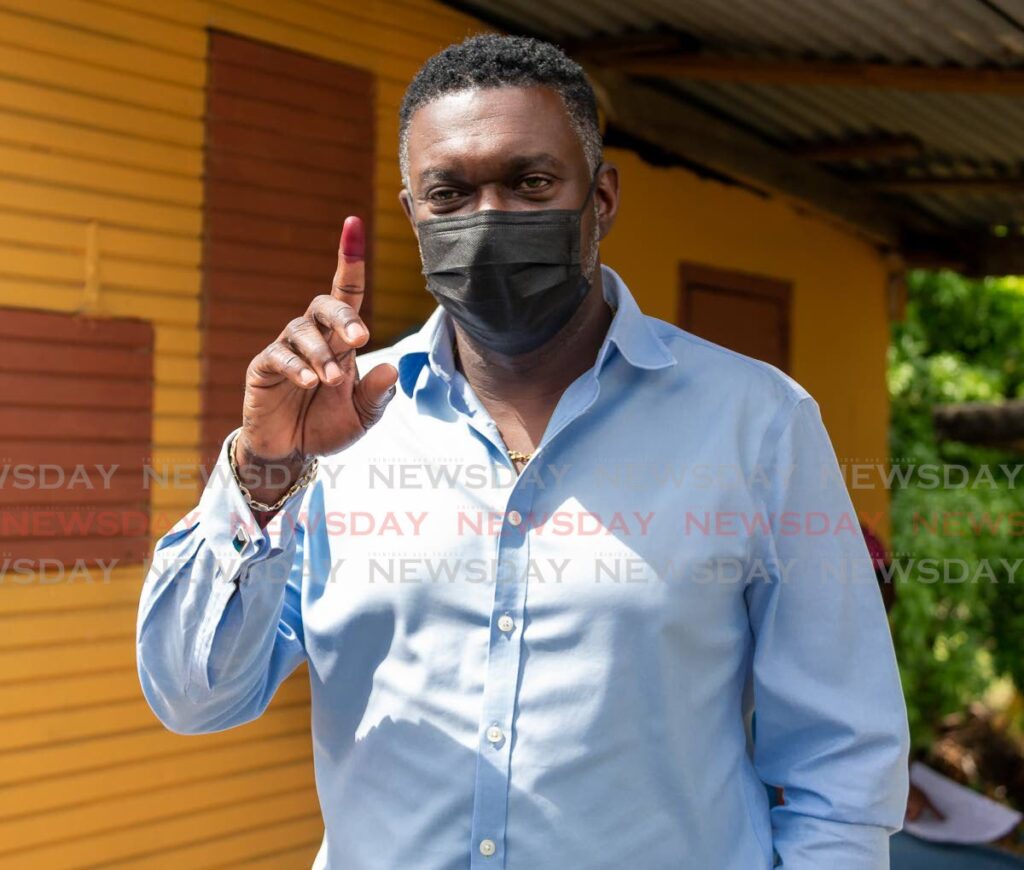Tobago teachings for Trinidad

RICHARD JAGGASAR
THE PNM defeat at the hands of the almost brand-new PDP in Tobago has taught many lessons, but the one that is most important to Trinidad is: a viable alternative can beat the PNM.
It has long been the song of politicians that we live in a two-party system. The first party of that system has steadily been the PNM, albeit with different leadership styles. The second party has changed over the years, from DLP to NAR and finally to the UNC.
The union of Basdeo Panday’s UNC and ANR Robinson’s NAR resulted in the first PNM defeat – in 1995. As a result of that we learnt that “unity” defeats the PNM. Of course history will reveal that unity only lasts as long as those that unite favour unity.
In 2000 Panday found another formula for victory over the PNM.
Repeating the 1995 mantra of “unity,” the 2010 version of the UNC created the People’s Partnership and again defeated the PNM. Since then the second party of Trinidad’s two-party system has not been able to succeed at much else.
In 2013 the UNC lost bye-elections in Chaguanas West and St Joseph. In 2015 the PNM won the general election 23-17, and won the popular vote.
However, in 2016’s local government election the PNM’s grip on power seemed to have been loosened when the UNC won the popular vote and gained the majority in one additional corporation, making the results six-eight but still in favour of the PNM.
In 2019 the hold continued to loosen at the local government level when the UNC gained another corporation, making the result seven-seven. However, in the 2020 general election the PNM continued to be the winning party of our two-party system and it appeared that the slight improvements at the local government polls were still not enough to defeat the PNM.
In Tobago the PNM also lost ground, as we know, to the PDP. In January the PDP won six of the then 12 seats in the Tobago House of Assembly election. At the time the PDP was only four years old. teaching us that the age of the party does not matter.
Of course, we all know what happened next – three additional seats were added to the THA, bringing the total to 15 and another election was held on December 6.
The result was a massive 14-1 defeat for the PNM. The dust has not settled as PNM executive members have started to resign.
It appears the people of Tobago voted for a viable alternative as they did in 1995, 2000 and 2010. Saying that also means the parties in Trinidad today are not considered viable alternatives to the people of Trinidad.
In 2020’s general election, the PEP got 5,933 in 28 seats. The ILP 3,817 in one seat and all the others collectively got 4,536 (not including the votes cast in Tobago). In total those “third parties” got less than 2.5 per cent of the total votes cast.
The UNC on the other hand got over 309,000 votes or 47 per cent in Trinidad alone, yet still lost the general election by two seats. The UNC is the other party in our two-party system but has chosen either to ignore the lessons of unity or it does not wish to repeat it.
Either way, we saw in the local government polls that the PNM’s grip on seats can be loosened, and the PDP has taught us that citizens are eager to support a viable alternative.
Perhaps this all means another young party will emerge, or perhaps the UNC will accept the Tobago teachings and soon become a viable alternative. Whatever happens, the next four years will be an electrifying experience.


Comments
"Tobago teachings for Trinidad"